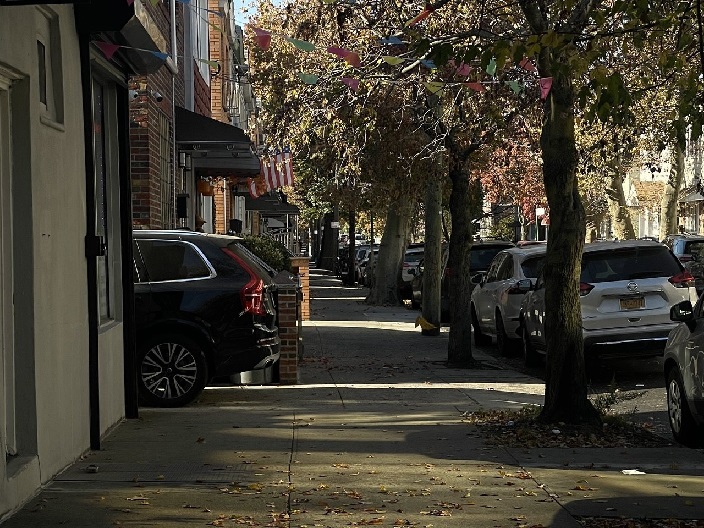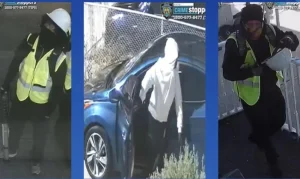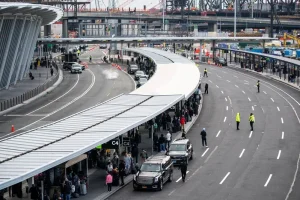Neighbors park their cars in front of their houses and cannot be driven away at will according to the law

![]()
New York City’s densely populated city and scarce parking spaces are commonplace. However, what happens when parking conflicts arise between neighbors, even when a neighbor parks right in front of their own property? New York City law prohibits eviction if the car is parked on a public road, but there are exceptions. If the neighbor’s car is parked on private land, the homeowner or property owner can request a tow or pursue civil liability.
The nature of the road is a key point in these disputes. If a driver parks on a public road owned by the state or municipality, no resident has the right to “occupy” a specific parking space, nor can they use cones, trash cans, or other objects to reserve parking spaces; such actions may be illegal.
However, the law does provide some exceptions. According to Section 1202 of the New York State Vehicle and Traffic Law, parking in designated areas such as fire hydrants, intersections, sidewalks, or driveways is prohibited unless necessary to avoid a traffic conflict or comply with the instructions of a law enforcement officer. Illegal parking can result in fines and even towing by the police. New York City goes a step further, prohibiting vehicles from being parked in the same location for more than seven consecutive days, even if there are no “No Parking” signs.
Private roads or gated communities are different. Sections 1640 and 1660 of the New York State Vehicle and Traffic Law empower cities and towns to establish traffic and parking regulations for hospitals, shopping malls, residential communities, and private roads. This means that if a driver parks on private property, the owner or management agency can request a tow truck remove the vehicle and even pursue civil liability.
In New York City, Administrative Code Section 19-169 explicitly prohibits parking in front of someone else’s driveway. If a vehicle blocks access, the homeowner can call the police for a tow or contact a towing company for assistance.
In other words, under New York State’s multi-layered traffic laws, the question of “who can park in front of whose property” isn’t simply a matter of etiquette; it’s a clearly defined legal issue within specific boundaries. If residents are unsure whether a particular street is public or private, it’s best to check who owns the right of way to avoid getting a ticket or getting into trouble with neighbors over a momentary convenience.







